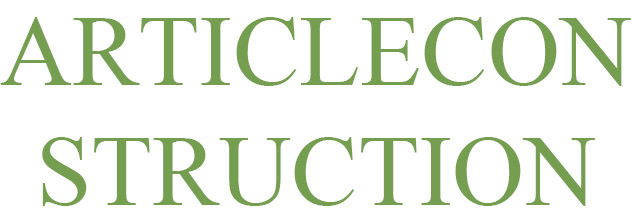Synthetic Recycled PP Material vs. Traditional Plastics: Key Differences
Plastic production has long been a topic of environmental concern, leading industries to explore sustainable alternatives. One such innovation gaining traction is Synthetic Recycled Polypropylene (PP) material. As we strive for a circular economy, understanding the key differences between synthetic recycled PP and traditional plastics is essential.
For more information, please visit Synthetic Recycled PP Material.
What is Synthetic Recycled PP Material?
Synthetic recycled PP is derived from post-consumer plastic waste. It undergoes a rigorous recycling process, where old polypropylene products are cleaned, shredded, and reprocessed into new material. This ensures that valuable resources are reused, significantly reducing the amount of plastic entering landfills. This material is not just a sustainable option; it is also designed to meet specific performance criteria, ensuring its functionality in various applications.
Traditional Plastics: A Brief Overview
Traditional plastics, on the other hand, are typically made from virgin petroleum-based resources. The production process involves extracting fossil fuels, converting them into pellets, and then forming those pellets into myriad products. While traditional plastics have become ubiquitous due to their versatility and low cost, their environmental impact is becoming increasingly apparent.
Environmental Impact
One of the most critical differences between synthetic recycled PP and traditional plastics lies in their environmental footprint.
Synthetic Recycled PP: By utilizing recycled materials, this type of polypropylene significantly lowers the energy consumption and greenhouse gas emissions associated with production. It also helps divert waste from landfills, contributing to better waste management practices.
Traditional Plastics: The manufacture of virgin plastics contributes heavily to pollution and the depletion of natural resources. The process of extraction, refinement, and conversion of fossil fuels can release hazardous emissions, making it a less eco-friendly choice.
Economic Considerations
The economic implications of synthetic recycled PP versus traditional plastics present intriguing contrasts.
Synthetic Recycled PP: While the initial costs associated with recycling processes may be higher, the potential for reduced raw material expenses, tax incentives for using sustainable materials, and growing consumer demand for eco-friendly products can lead to long-term savings.
For more Post Consumer Recycled Resininformation, please contact us. We will provide professional answers.
Traditional Plastics: Although virgin plastics often have lower upfront costs, the long-term environmental penalties and potential regulatory changes could impose financial burdens on manufacturers and consumers alike.
Performance and Quality
Concerns about performance often arise when considering recycled materials.
Synthetic Recycled PP: Advances in recycling technology have allowed synthetic recycled PP to match or even exceed the quality of traditional polypropylene. It can be utilized in a wide range of applications, from automotive parts to consumer goods, without compromising strength or durability.
Traditional Plastics: While often reliable, traditional plastics may present issues such as brittleness and inconsistency in quality, especially when sourced from subpar manufacturers.
Consumer Perception
In today’s marketplace, consumers are becoming more aware of the products they choose.
Synthetic Recycled PP: There is growing acceptance and preference for products made from recycled materials. Consumers often perceive brands utilizing synthetic recycled PP as more responsible, enhancing brand loyalty and market competitiveness.
Traditional Plastics: As awareness of environmental issues rises, products made from traditional plastics may face backlash from environmentally-conscious consumers. Companies that fail to adapt may risk losing market share.
Conclusion
In summary, the differentiation between synthetic recycled PP material and traditional plastics extends beyond mere production methods. From environmental impacts and economic considerations to performance and consumer perception, the benefits of synthetic recycled PP are becoming increasingly evident. As businesses pivot towards more sustainable practices, embracing materials like synthetic recycled PP may not just be a strategic advantage but a necessity for future growth. Emphasizing eco-friendly choices not only aligns with consumer expectations but also contributes to ensuring a healthier planet for generations to come.
The company is the world’s best Packaging Post Consumer Recycled Resin supplier. We are your one-stop shop for all needs. Our staff are highly-specialized and will help you find the product you need.



